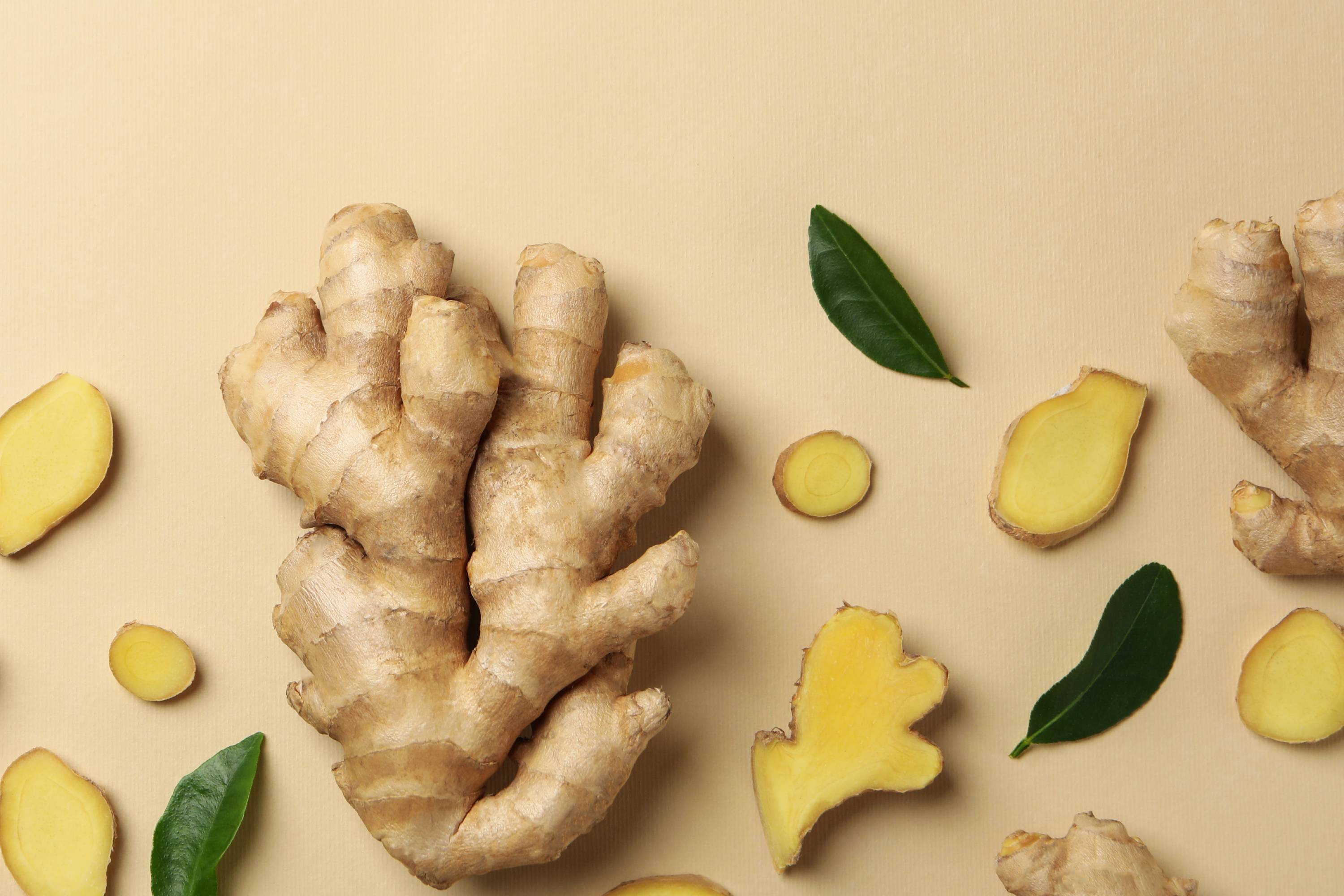Whether after a hectic workday or to start your morning in a calm way, many tea lovers turn to herbal infusions for a gentle warmth. One special herbal tea is Greek Mountain Tea. Already cherished by connoisseurs, we now want to explore this wonderful Mediterranean tea with you.
Greek Mountain Tea: A Relaxing Cup
Since ancient times, Greek Mountain Tea has been highly valued for its natural flavor. Soft, dried flowers turn into a golden drink in your cup, leaving a mild, floral taste. Thoughts slow down and a cozy feeling spreads in your body with every sip.
The Unique Plant
Many think this herbal infusion is a blend, but Greek Mountain Tea consists solely of the flowers, leaves and stems of the unique Sideritis plant. This plant belongs to the ironwort family, many of which are used for aromatic infusions.

Botany & Habitat of the Mountain Tea
The botanical name comes from the Greek word síderos, meaning iron. In ancient Greece, the plant was used to treat wounded soldiers, hence the nickname "Greek Ironwort". This special plant thrives on rocky slopes above 1000 meters, enduring harsh winters. It loves the Mediterranean climate and is found in the mountains of Albania, Macedonia, Bulgaria, and northern Greece. The popular name "Greek Mountain Tea" thus refers to various Sideritis species from all over Southeastern Europe.

Harvest & Processing
For this flavorful herbal tea, the flowers, leaves and stems of the Sideritis plant are used. Harvest begins when the delicate flower stalks start to bloom, varying by weather and plant. Generally, the harvest season runs from May to late June and is traditionally done by hand with a sickle. The precious harvest is then gently dried in special drying rooms under natural conditions.
The Flavor Profile of Greek Mountain Tea
So, what does this special herbal tea from the Greek highlands taste like? Greek Mountain Tea has a floral, slightly aromatic flavor. It has a fresh hint like mint and a subtle, sweet note like chamomile. With each sip, a gentle feeling spreads across your palate, while the fresh, floral, and slightly lemony taste brings memories of warm summer days and lush meadows full of wild herbs.
The Taste of Mountain Tea
This Mediterranean herbal infusion adds a refreshing touch to your tea routine. Naturally caffeine-free, it can be enjoyed anytime and in any amount. Whether hot or cold, this mountain tea is a perfect addition to your tea collection.
Tips for Perfect Preparation
Like all herbal and fruit teas, you should use boiling water to prepare Greek Mountain Tea. Despite the natural drying process preserving its valuable aromas, bacteria and germs could still be present in the herbs. Boiling water disinfects your infusion, making it safe to drink. After steeping for at least five minutes, when the tea has turned a rich golden color, you can enjoy your cup of this floral mountain tea.
For the best taste, we recommend a teapot made of heat-resistant and neutral material, like our SUMO POT. The integrated tea strainer makes preparation easy and allows the fine aromas of the herbal tea to fully unfold.

Traditions & Cultural Significance
Every cup of mountain tea carries rich cultural and historical significance. Even in ancient times, the aromatic infusion was appreciated for its complex flavor, and its soothing effects were known for over two thousand years.
The Historical Background
The nickname "Greek Shepherd's Tea" for the Sideritis infusion is very accurate. Shepherds gathered this native plant during their travels with their animals through Greece's green mountains. After working, they made a soothing infusion from the mountain herb. Thus, the aromatic Sideritis plant made its way from the mountains to the villages, and Greek Mountain Tea became a staple of Mediterranean enjoyment centuries ago.
Modern Use & Popularity
Today, we appreciate herbal infusions for their natural taste and gentle warmth. Hot or cold, this tea is a popular refreshment from nature and is part of many people's daily rituals for relaxation and joy.
Interesting Facts About Greek Mountain Tea
It's no surprise that a tea from Greece, the land of mythology and philosophy, has ancient legends tied to it. Here are some fascinating facts about Greek Mountain Tea!
Mythology & Legends
In Greek mythology, honored as the “Nectar of the Gods”, mountain tea was praised even by Hippocrates, the famous ancient doctor. Its revered title as the drink of gods comes from the fact that the Sideritis plant grows at high altitudes. You can find it on Mount Olympus, the highest mountain in Greece and the mythological home of the ancient gods.

Fun Facts
As far back as 400 B.C., the ancient philosopher Hippocrates valued Sideritis infusions. The subtle minty note, mild sweetness and grounding taste made this tea a favorite among ancient thinkers. A relaxed mind encourages great thoughts, and natural herbal tea is perfect for accompanying philosophical ideas.
Innovations and Trends - Greek Mountain Tea in the Modern Tea Market
The love for Greek Mountain Tea has endured since antiquity. Today, many drink it as a naturally caffeine-free refreshment, such as a cold brew. Since mountain tea is an herbal tea, you should prepare it with a "hot flash"—briefly pour hot water over it to disinfect before adding cold water. After steeping in cold water for 3-12 hours, you get a cool, mild herbal tea with pronounced flavors. It also works excellently in tea blends, highlighting its aromatic components.
A Versatile Companion for Every Day
At PAPER & TEA, we've long been captivated by tea from Northern Greece's mountains. Our in-house herbal blend MOUNT OLYMPUS evokes memories of warm Mediterranean evenings and lush mountain landscapes with every sip alluding to the famous Greek mountain. This spicy tea specialty is rounded out by mild notes of lemongrass, orange peel, fennel, and blackberry leaves. Hot or cold, Greek mountain tea has the potential to become your new favorite tea for any day.





























